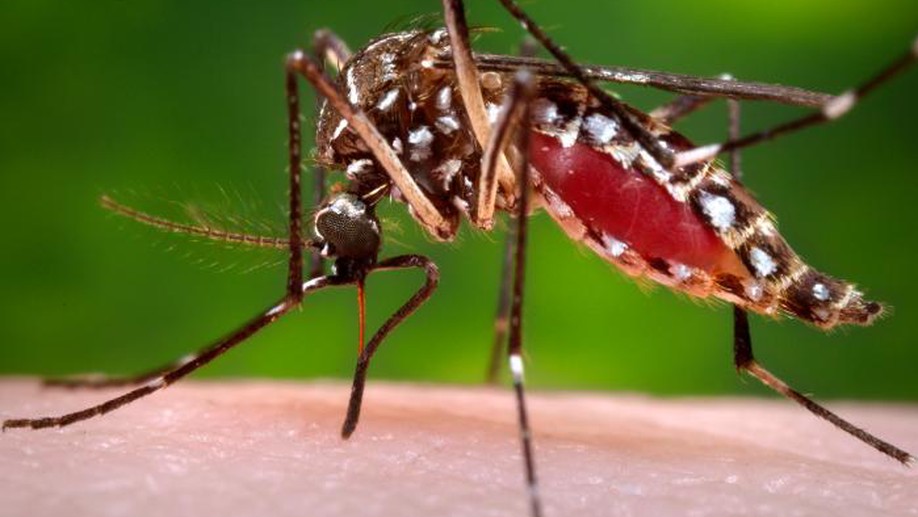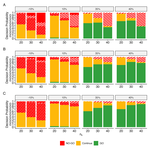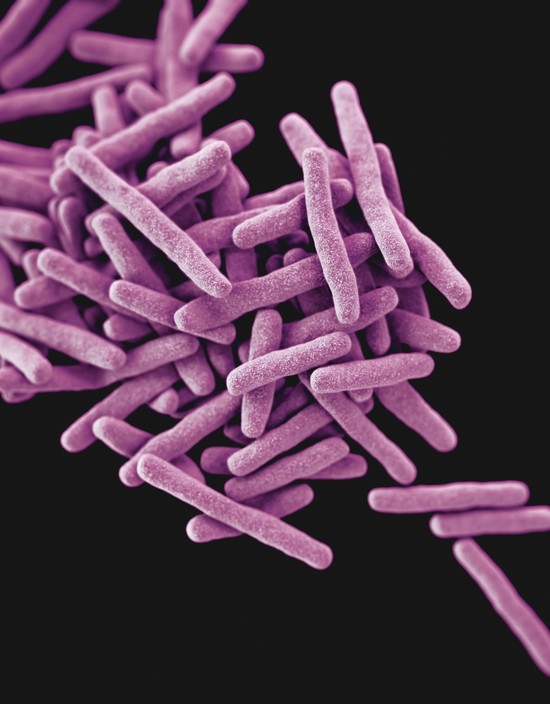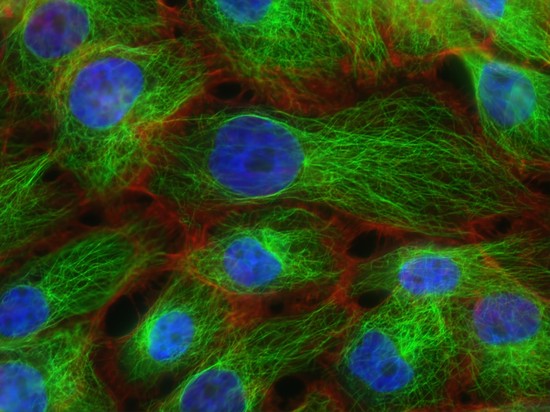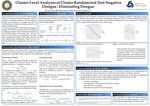Biography
I am an Assistant Professor of Biostatistics in the Department of Epidemiology and Biostatistics at the University of California, San Francisco. Working in close collaboration with UNITE4TB, my recent work includes methodological and applied research in the design, conduct, and analysis of randomized clinical trials in TB. Primarily, I aim to develop and expand therapeutic trial designs, with the goal of advancing designs that maintain the expected rigor and robustness to bias while removing many of the limitations common in gold standard approaches (e.g., arbitrary non-inferiority margins and large sample sizes).
I continue to collaborate with the World Mosquito Program to develop and apply novel statistical methodology for the analysis of data from (quasi-)experimental trial designs aimed at assessing the effectiveness of Wolbachia in the control of dengue.
Through consultancies and shorter-term research opportunities, I have also gained experience working with occupational cohort data, survey data, and biomedical big data.
Interests
- biostatistics
- epidemiology
- social epidemiology
- cluster randomized trials
- phase IIB trials
- test negative design
- infectious diseases
- reproducible research
- innovative approaches to teaching
- radiation oncology
Education
-
PhD in Biostatistics, 2020
University of California, Berkeley
-
MA in Biostatistics, 2017
University of California, Berkeley
-
BA in Applied Mathematics and Statistics, 2015
Macalester College
